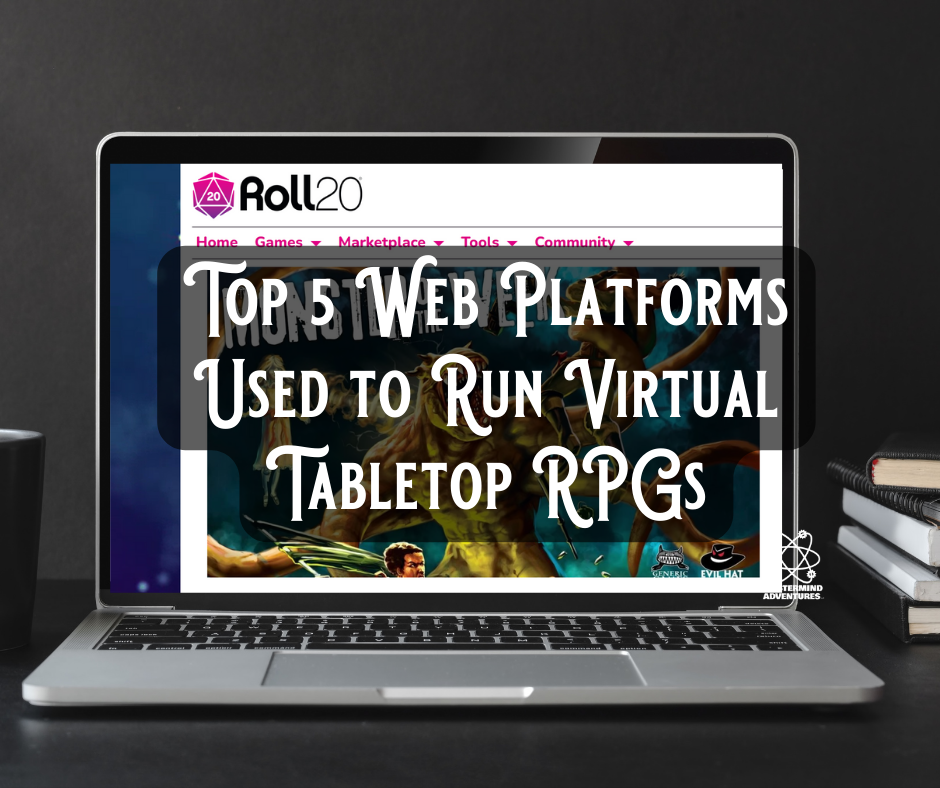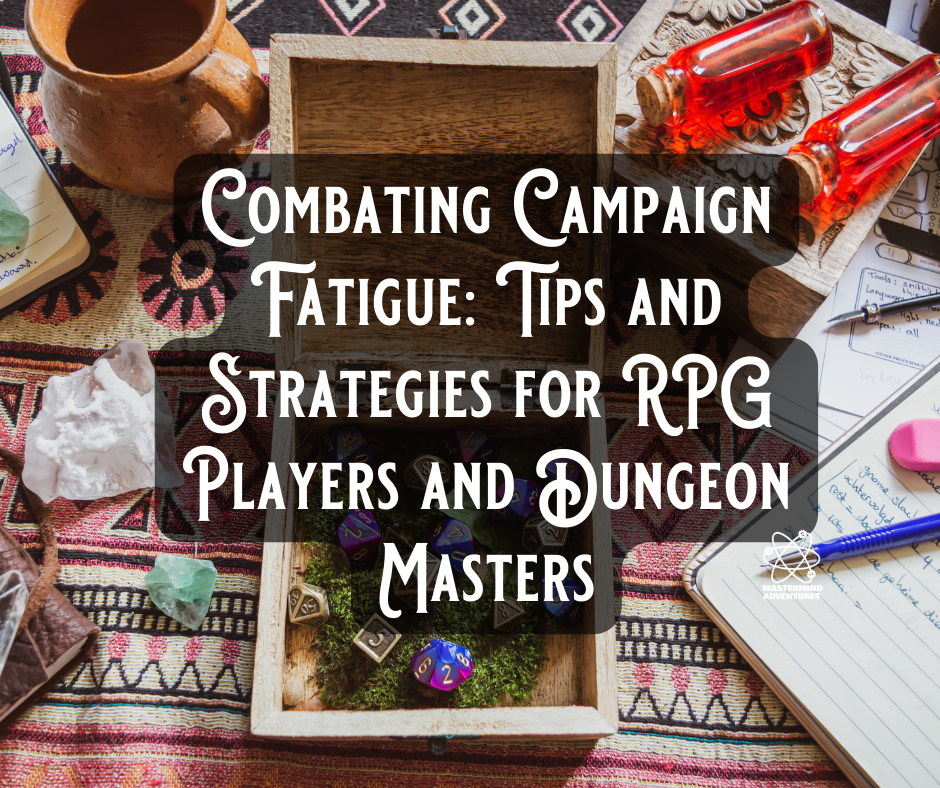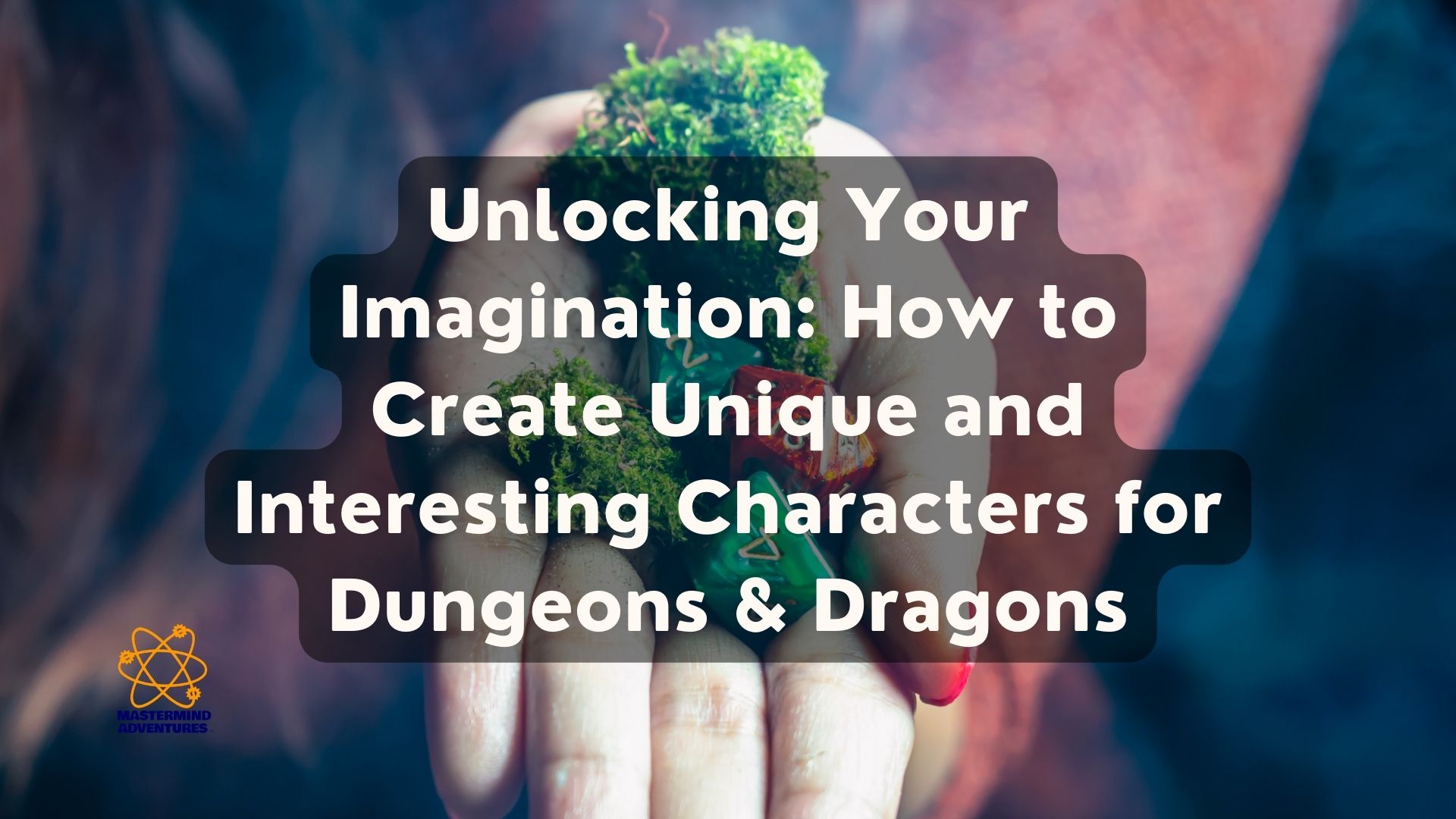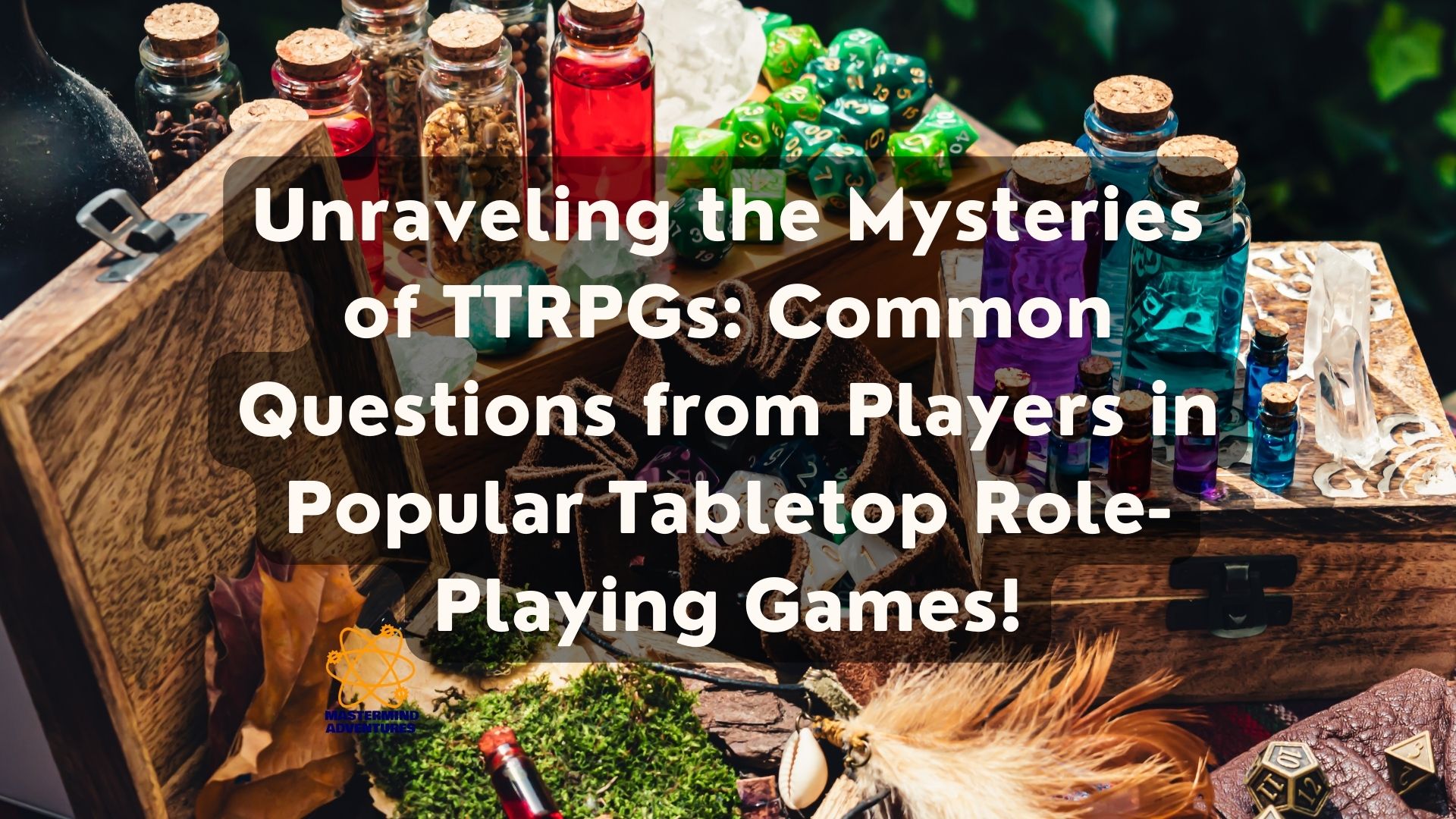Back in the “old days” tabletop role playing games were always played around a table with friends who you knew in real life. We used whatever resources we had available to create ‘theater of the mind’ experiences for our players. With the introduction to more resources, our games changed. We added fancy dice and dice towers, re-usable maps, miniatures and sometimes three dimensional elements to create new experiences.
With the introduction of virtual tools, immersion is on a whole new level. You don’t even need to know the players around the table or even the Dungeon Master in real life! It’s truly a whole new world.
If you are new to playing tabletop RPGs online or new to using virtual tools for your games, fear not, for we, are here to guide you through the options available to you.
When it comes to virtual tabletops, there are several options to choose from, each with their own features and benefits. Let’s take a look at some of the most popular options available: Rolisteam, MapTool, Foundry, Fantasy Grounds, and Roll20.
Rolisteam
- Rolisteam is a free, open-source platform that offers customizable character sheets, maps, and dice rollers. It supports many popular RPG systems, including Dungeons & Dragons, Pathfinder, and Savage Worlds, and also offers video and voice chat.
MapTool
MapTool is another free, open-source platform that offers customizable maps, tokens, and character sheets. It has built-in support for many popular RPG systems, including Dungeons & Dragons and Pathfinder, and is highly customizable, allowing users to create macros and scripts to automate many aspects of the game.
Foundry
Foundry is a newer platform designed specifically for playing tabletop RPGs. It offers a customizable and user-friendly interface and a large library of community-created content, including maps, tokens, and character sheets. Foundry supports various systems, including Dungeons & Dragons, Pathfinder, and Call of Cthulhu.
Fantasy Grounds
Fantasy Grounds is a popular virtual tabletop platform with an active user base. It offers extensive automation features, such as combat tracking and character sheet management, to simplify gameplay. Additionally, the platform offers licensed content from various RPG publishers, including Dungeons & Dragons and Pathfinder.
Roll20
Finally, there’s Roll20, which is an online platform designed for playing tabletop RPGs in a virtual environment. It offers customizable character sheets, maps, and a built-in rules system. Roll20 also supports video and voice chat, and it allows users to create and share their own content, such as maps and tokens.
Conclusion
When choosing a virtual tabletop, consider the features that are most important to you and your group, such as ease of use, customization options, and support for specific RPG systems. Additionally, keep in mind that each platform has its own learning curve, so be prepared to invest some time in familiarizing yourself with the platform before diving into your first game.
May your virtual adventures be fruitful and your rolls ever in your favor!








Leave A Comment